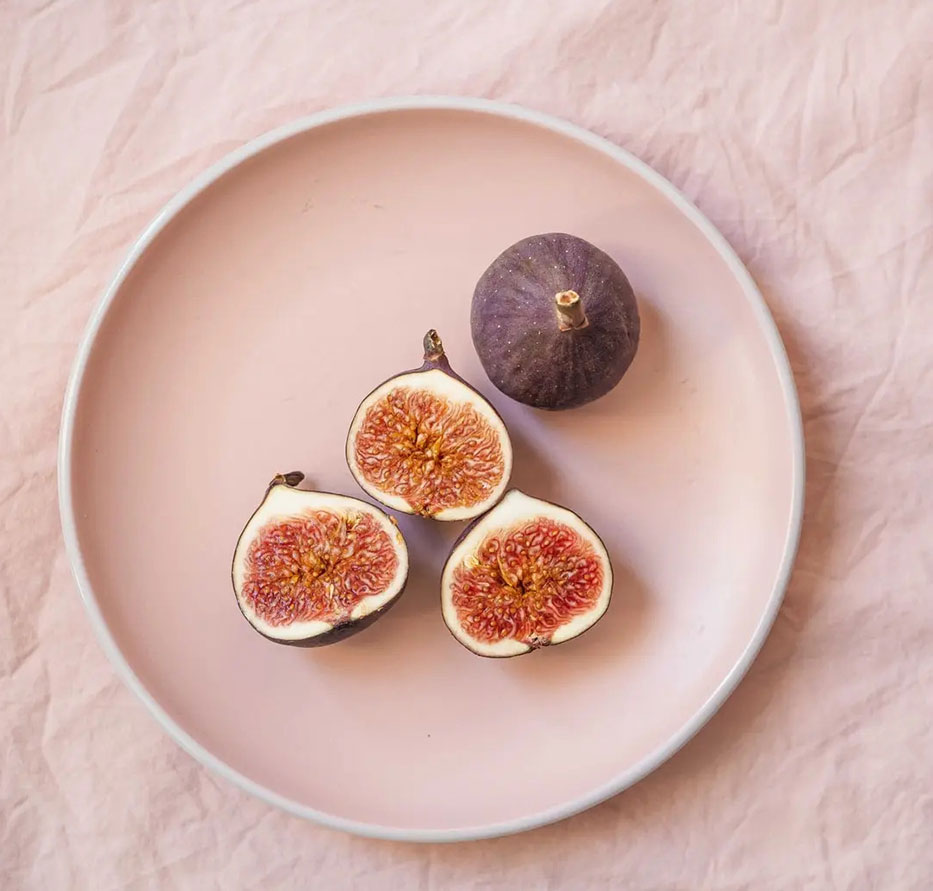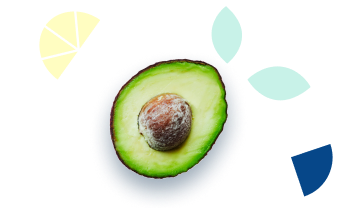
Are you wondering what foods to eat during the 2 week wait? Then look no further – we have the answers you need.
The 2-week wait can be an emotional rollercoaster. Anxiety and frustration can understandably run high while waiting to know if you have successfully conceived or not. A common question we get is what can I eat to help make implantation successful?
Our top tips can help guide you through what to eat during the 2-week wait. We include foods to eat during the 2-week wait as well as foods to avoid during implantation. You will also find advice on how to cope during the 2-week wait, to hopefully help it become that little bit more manageable.
Is there an implantation diet?
The short answer is yes! A nutrient-dense diet that incorporates lots of fruit, vegetables and whole grains supports the successful implantation of a fertilised egg. These foods contain lots of antioxidants which help to create a favourable uterine environment for the implantation of an embryo.
Some nutrients support the act of implantation itself. They can help to create a receptive and thick lining of the uterus which is key for successful implantation. If you’re looking for clarity on which nutrients are commonly discussed in the research around fertility and implantation, you may find our guide to evidence-based fertility supplements for women helpful.
There are also nutrients which support progesterone levels. High enough levels of progesterone are essential during the second half of the menstrual cycle. They allow implantation to occur and a successful pregnancy to develop.
Implantation & The Two Week Wait Meal Plan & Guide
Confused about your choices when it comes to foods for implantation and the two week wait? Take control and positively influence the process today with this Nutrition Guide and Meal Plan for Implantation and the two week wait

What Foods should you eat during the 2-week wait?
- Whole grains – They contain a whole host of nutrients that support fertility such as b vitamins, iron and fibre. Increasing intake of wholegrains can increase endometrial lining thickness which can optimise implantation success. Examples include quinoa, brown rice and whole wheat bread.
- Beetroot – Beetroot contains nitric oxide which has the potential to improve nutrient-rich blood flow to the uterus promoting implantation. Taking 1 glass of beetroot juice from the day of embryo transfer could support implantation.
- Salmon – This oily fish is an excellent source of omega-3 fatty acids which contain anti-inflammatory properties. This helps to create a protective environment for the embryo within the uterus. Consuming omega-3 fatty acids has been associated with higher chances of implantation and higher pregnancy rates
- Broccoli – This green vegetable contains plenty of folate as well as vitamin C. Higher intakes of folate and vitamin C intake are associated with higher progesterone levels during the luteal phase supporting implantation.
What Foods should you avoid during implantation?
There are also some foods to avoid during implantation as they can negatively affect implantation rates.
- Reduce intake of red meat – A high consumption of red meat can have a negative effect on implantation rates.
- Limit high glycaemic index and sugary foods – These foods are broken down quickly into sugar causing our blood sugar levels to rise rapidly. Regularly eating these types of foods may interfere with our hormone levels which can negatively affect fertility
- Avoid alcohol – Alcohol can disrupt your hormone levels which can have a direct impact on implantation.
Can supplements help with implantation success?
A healthy, balanced diet is the foundation for supporting implantation—but we also understand that life is busy, and it’s not always easy to meet all your nutritional needs through food alone. That’s where supplements can play a helpful role.
A high-quality prenatal supplement can provide additional reassurance during the two-week wait, helping to bridge any nutritional gaps and support the key nutrients involved in implantation. The following supplements are commonly recommended in clinic to help cover nutritional gaps and support the key nutrients involved in implantation. While they’re not essential for everyone, many people find them a helpful addition during this stage.
Our Top Supplement Picks for the Two-Week Wait
There are some supplements that could support you if you have a history of implantation
failure
- L-arginine may be beneficial for patients with a thin endometrium. 1000-2000mg/day is the dose seen in most female fertility protocols.
- L-carnitine supplementation prior to IVF may improve endometrial receptivity
- Probiotics – a decrease in the Lactobacillus population has appeared to be linked to implantation failures or early miscarriage in IVF patients
- Vitamin E – Supplementation with 400 IU can be beneficial in those with prior known implantation failure or for those with a thin endometrium. Remember to check the amount in your prenatal supplement.
If you’ve experienced implantation failure or have a complex medical history, it may be helpful to book a consultation for personalised advice from our Specialist Fertility Dietitian. If your looking for recommendations on prenatal supplements during this time, check out our blog on evidence-based fertility supplements for women, written by Ro Huntriss.
How can you survive the 2-week wait?
Knowing you have done all you can to support implantation can help you feel in control of at least one element during these tense few days. Staying calm and stress-free can however be easier said than done. We know that reducing stress can help to increase pregnancy rates so here are our top tips for coping with the 2 week wait
- Keep yourself busy – take your mind off things and stay as relaxed and occupied as possible. Spend time with family and friends, take some time out for self-care or even cook your favourite meals. It can be anything you want it to be.
- Reduce stress – Take control of it by taking time for yourself and doing things that you enjoy. Take a bath, read a book, meditate or practice mindfulness for example. Do whatever works for you.
- Keep moving – staying active by doing some exercise or going for a walk can work wonders to reduce stress. What is more, doing some gentle activity supports fertility. Moderate physical activity is perfectly safe during the 2-week wait. Stick with what your body is used to and don’t try anything new or too strenuous.
What can you do to support implantation and the 2-week wait?
Take control with our Nutrition Guide for Implantation and the Two-Week Wait. The guide provides an overview of what happens during implantation and the hormones involved. It also explains the ways in which nutrition can influence implantation. You will find practical tips on how to navigate the two-week wait as well as find guidance on which supplements could support implantation. As well as this you get 2 weeks’ worth of recipes for breakfast, lunch and dinner that have been specifically formulated to support increasing the chance of a successful implantation.
The bottom line
While there is a lot we cannot control when trying to conceive, we can control our diet. Creating a favourable implantation diet helps us to take control during the 2-week wait. This can help not just with supporting the likelihood of implantation but also our mental health and wellbeing can benefit.
Last reviewed: July 2025
This article was written by the Fertility Dietitian UK content team and reviewed by Ro Huntriss MSc RD, Consultant Dietitian and Founder of Fertility Dietitian UK.
Disclosure: This blog post contains some affiliate links. The author will receive a small commission through some of the highlighted products but this did not influence which products have been recommended. Where discount codes have been provided, the author will not receive benefit as a result of you utilising the code – it’s just a gift for you!



